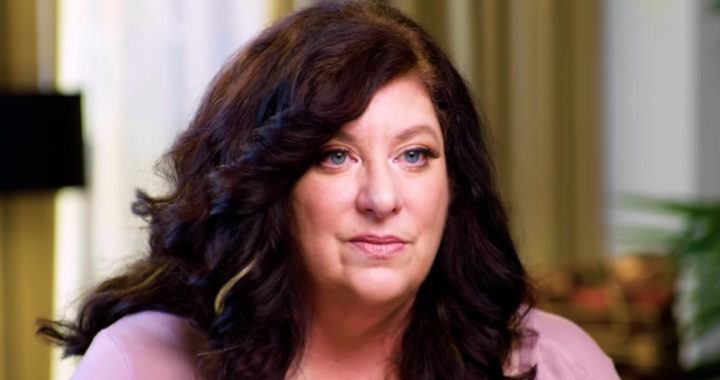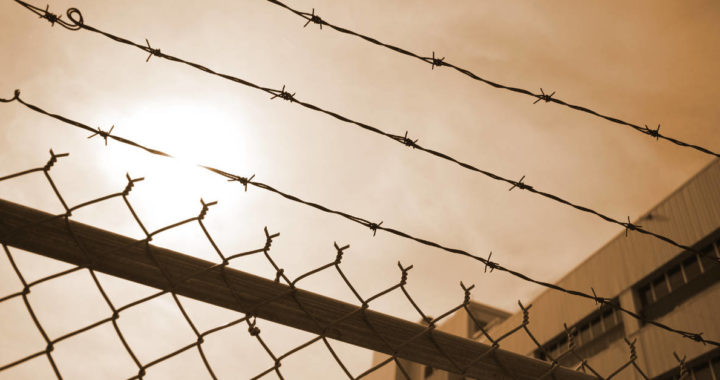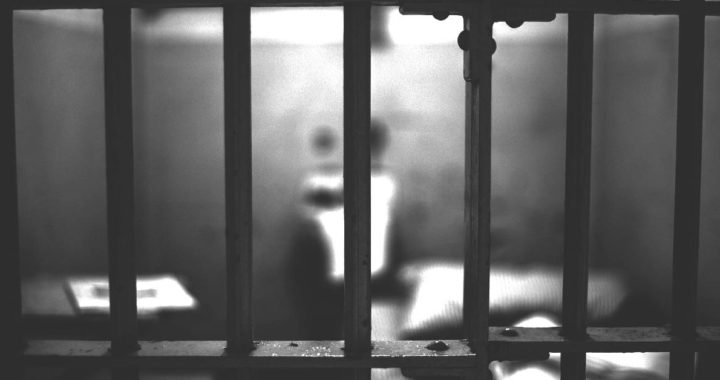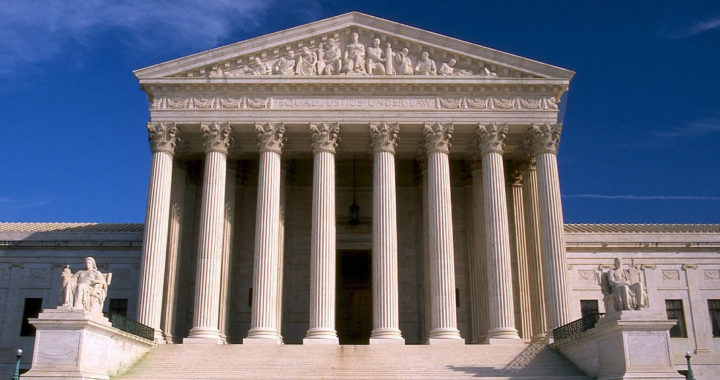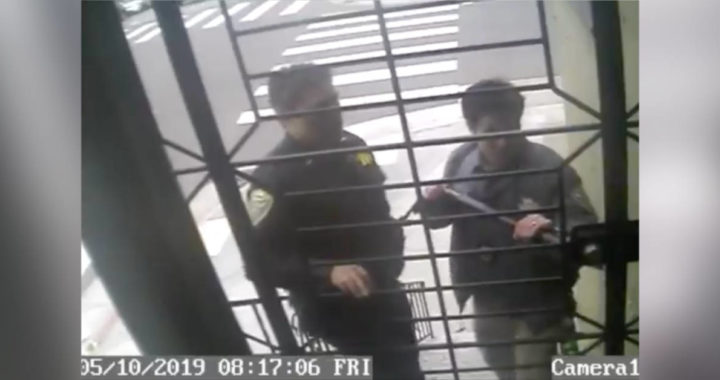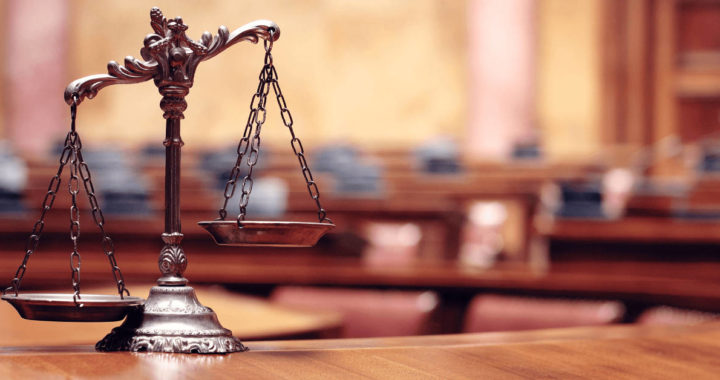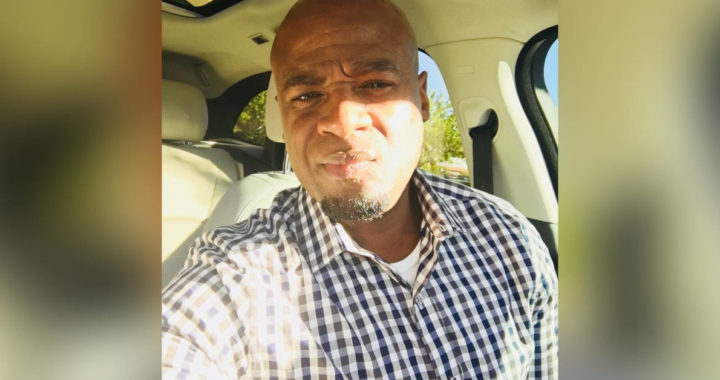Prosecutors in Monterey County, California have launched a formal investigation into Tara Reade, the woman who recently accused presumptive Democratic presidential nominee and former senator Joe Biden of sexual assault.
Reade, who also went by the name Alexandra McCabe, offered expert testimony in dozens of criminal cases as a special victim’s advocate, according to numerous reports.
But some of her sworn testimony has come under fire following investigations by CNN and other news outlets that show inconsistencies in her education and employment background.
Reade made international headlines earlier this year after accusing Biden of sexual assault while she worked as an employee of the senator’s office in the early 1990s (Biden has denied the accusation). Years later, Reade found herself in Washington state where she claimed she graduated from Antioch University in Seattle with an Associate’s Degree and received a law degree from Seattle University.
Reade offered that part of her education history under oath in numerous cases brought by the Monterey County District Attorney’s Office, some of which resulted in criminal convictions. But reporters who contacted Antioch University to confirm her education history were told she never graduated from the school.
Reade also misconstrued the nature of her work in Sen. Biden’s office, according to one report, testifying under oath that she worked as a legislative assistant when she was actually a staff assistant, according to employment records obtained by the New York Times. And in one 2018 case, Reade said she had not taken the California bar exam, even though blog posts written by her several years earlier said she twice failed the exam.
Prosecutors are now going through cases dating back several years to see if Reade intentionally lied while on the stand, according to POLITICO. An official with the prosecutor’s office said it’s unclear how many cases Reade testified in because the county doesn’t have a way to sort through cases digitally.
“We have no database or search engine to use to determine how many cases she testified,” Berkley Brannon, the county’s chief assistant district attorney, told POLITICO.
If Reade is found to have exaggerated her qualifications on the stand, it could be grounds for a reversal of some criminal convictions, Sacramento criminal defense attorney Mark Reichel told the New York Times last week.
“An expert can only testify in certain circumstances,” Mark said. “One of them is that they have expertise above the regular person. The jury is entitled to hear your qualifications.”

